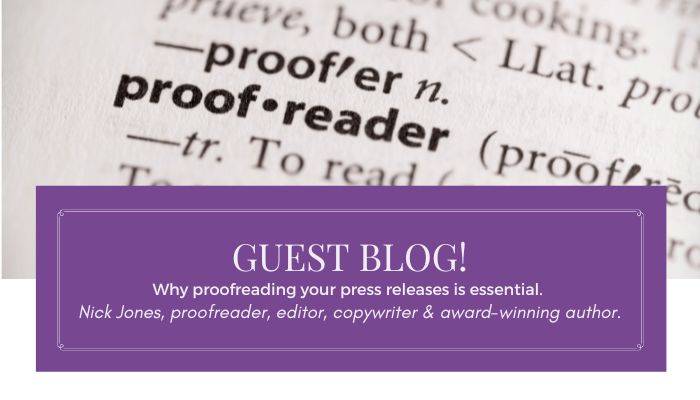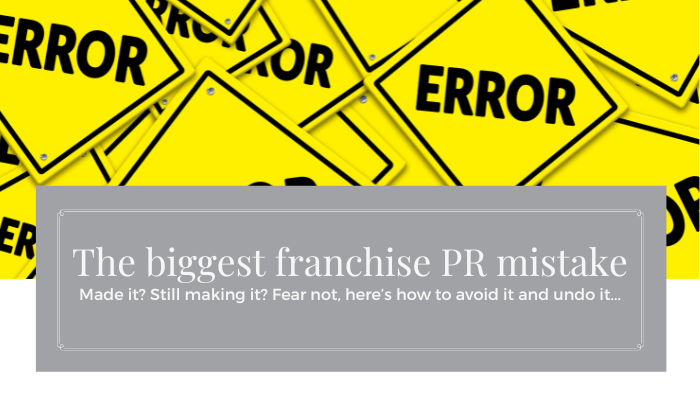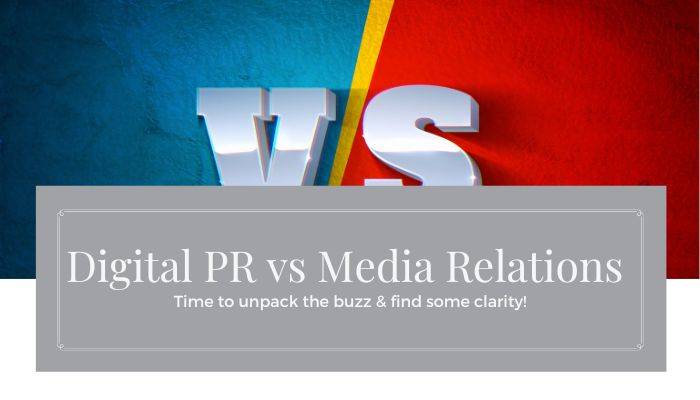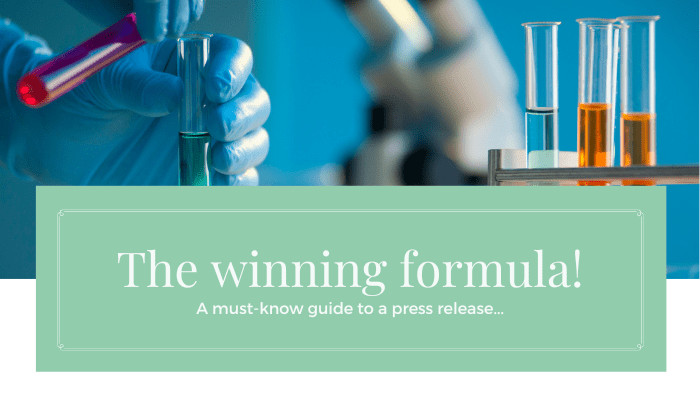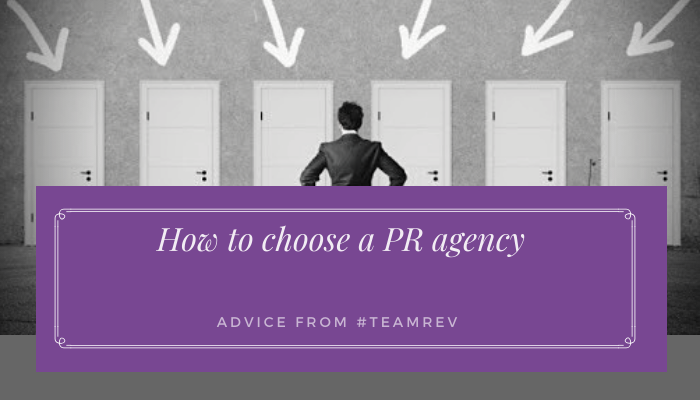Consistent PR activity is a critical component of any business development strategy. Whether you decide to manage PR activity in-house or enlist the support of an external agency, PR is well worth the investment of budget, resource or both. When you don’t have the skills in-house, one of the biggest challenges is finding the right PR agency to support you. How do you choose an agency when PR isn’t your thing?
With TeamRev’s combined 30 years of experience in PR, we’re here to offer some advice. And whilst we might be fairly biased when it comes to choosing the UK’s best franchise specialist PR agency, we’re happy to share some top tips for finding the right PR agency for you.
1. Identify your objectives
Early on in your selection process – and perhaps even before you’ve started your search – take the time to establish your aims. What do you hope to achieve from this partnership or project? Is the objective to increase exposure of your brand for the long-term? Or perhaps you’re looking for a variety of outputs over the course of a few weeks as you launch a new product? Making sure you have at least some idea of what you hope to achieve is paramount – both parties should have an opportunity to set expectations from the outset, not just the agency.
2. One size doesn’t fit all
It’s not a case of one-size-fits-all where PR agencies are concerned. First and foremost, different agencies have different specialisms, so bear this in mind when doing your research. Want to attract people who are passionate about cars? Then a PR agency that can reach out to the automotive media and understand what drives your target audience is probably a safe bet. Or perhaps you’re in luxury services? In which case, a PR team with a specialism in digital content creation and influencer relations might be the way to go.
If you’re an independent retailer or a franchisee who only operates in a specific location, you’ll be looking for someone to raise the profile of your business at a local level. At the very least, the account director or publicist assigned to you will be comfortable with fostering relationships with your target press quickly, to maximise opportunities with weekly or daily titles.
3. Part of the team
Anyone that you work with should, above all else, fit the culture of your brand and be proud to represent you as an ambassador. Once you’ve established your objectives, meet with your shortlist of PR agencies to start an honest conversation with them about your brand position. Their motivations and team culture should be evident from the beginning, which should give some indication as to whether or not they fit your brand – look at their Instagram accounts for a first sweep.
4. Results and remuneration
Once you’ve narrowed your selections down, be sure to ask how they measure results and ask to see an example coverage book – this will give you a feel for their level of experience. It’s also worthwhile asking the agencies to share their understanding of what you consider a result for your brand – a result or KPI for one brand won’t necessarily be the same for another.
Then you’ll want to find out how you’ll be paying for the service that should deliver these results! Some PR agencies still work to timesheets, charging an hourly rate for their services, whilst others deliver on projects or outputs. You need to decide what will work for you and your budget.
5. Setting expectations
A productive and well-managed agency will set out a plan for keeping in regular contact with you, as the client. Make sure you understand the process for coverage reporting and how they’ll keep you informed of how they’re progressing with your project. Whilst PR cannot always guarantee media coverage, any good agency will also keep you in the loop as to how a campaign is being received and how you can utilise content to get the most bang for your buck.
Following these steps is a great way to select PR agencies who you can then ask to pitch for your business. This could take the form of a formal presentation at your office or a more detailed, written proposal. Again, think about what would make the decision easier for you – assessing your options during a day of pitches or taking your time to review a written proposal.
Looking for more PR advice? Why not follow us on LinkedIn, Twitter or Instagram.

